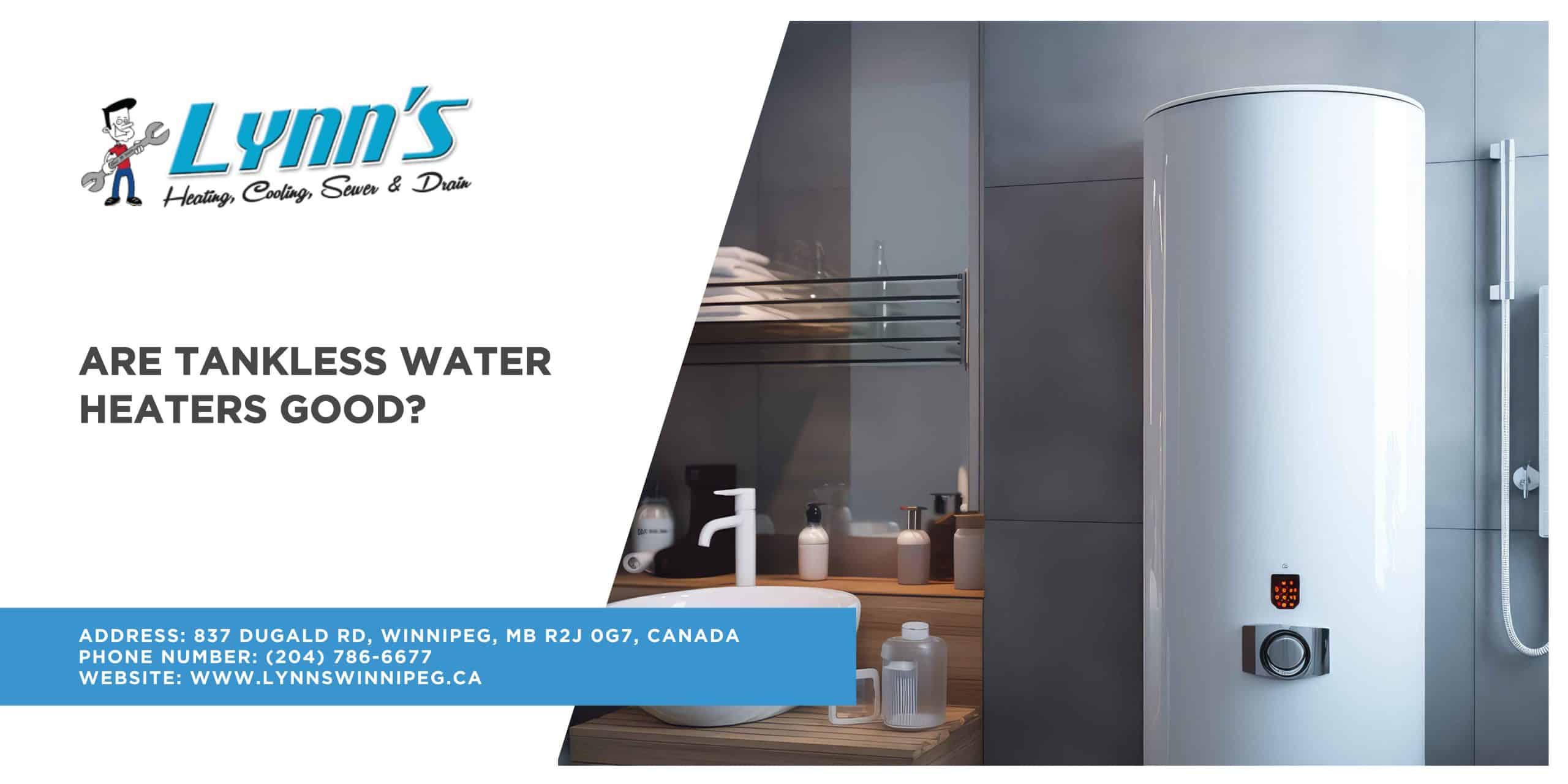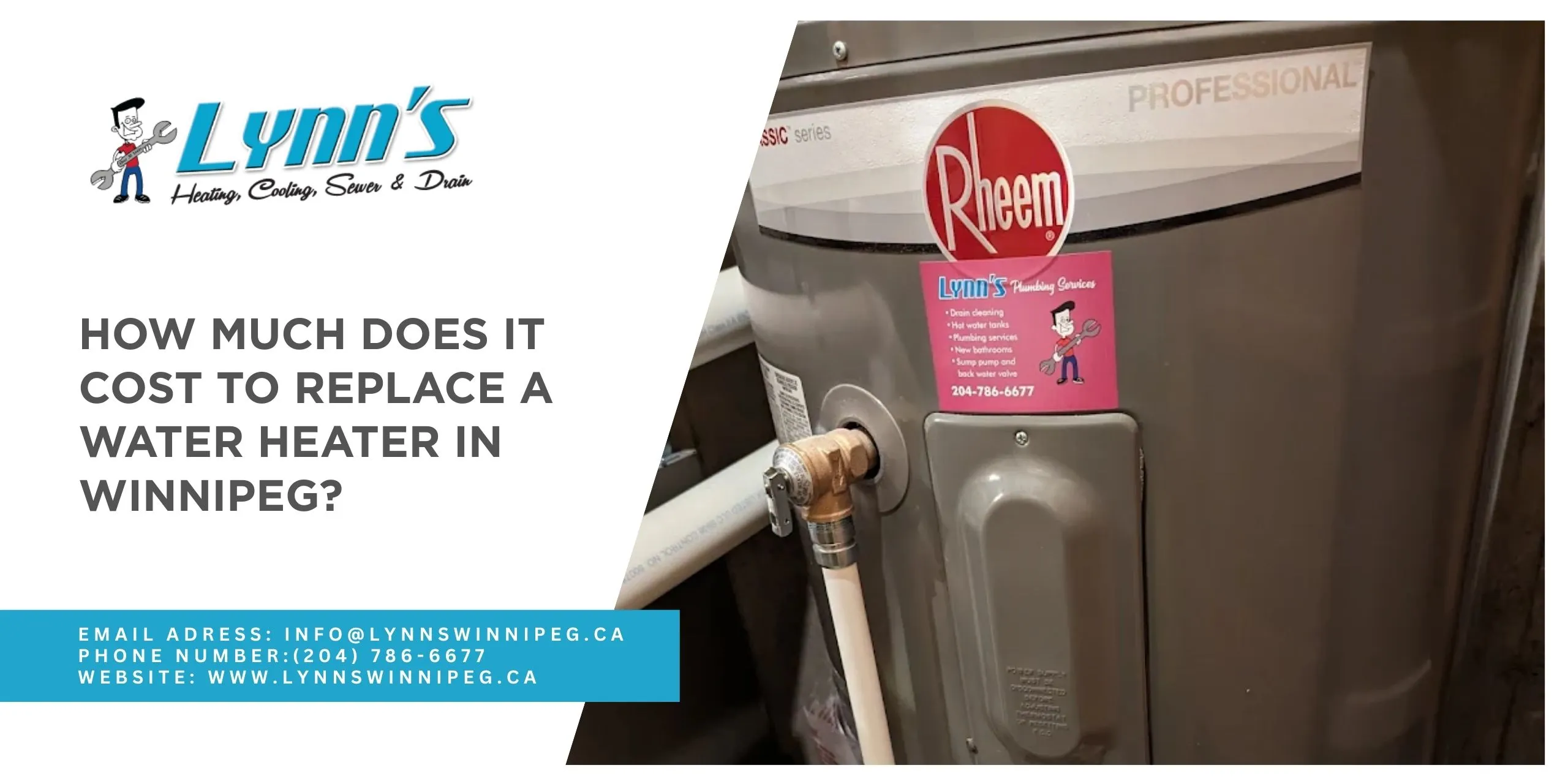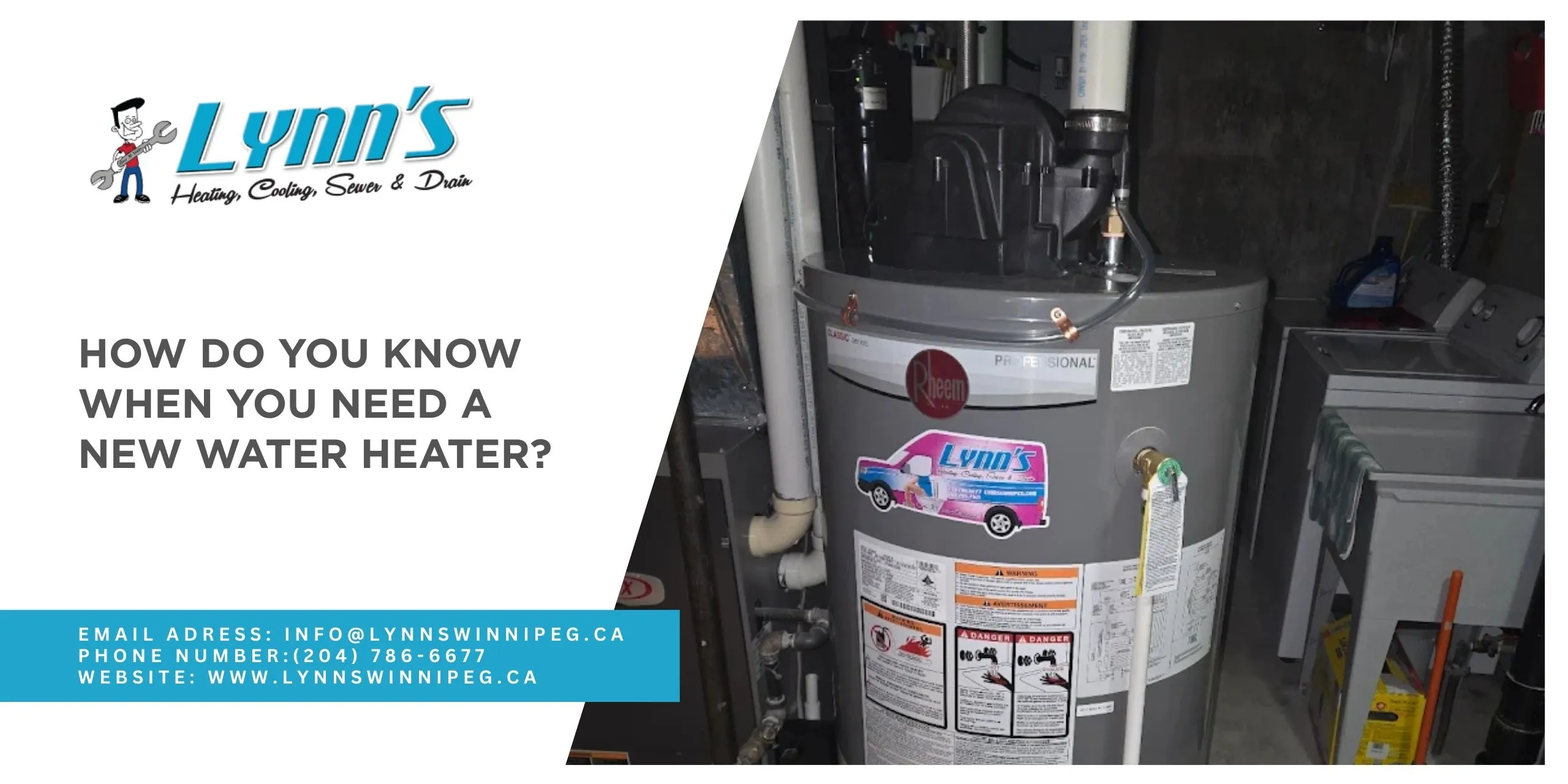When it comes to home upgrades, switching to a tankless water heater is a choice more and more homeowners are making—and for good reason. Tankless water heaters, also known as on-demand water heaters, offer an energy-efficient, space-saving alternative to traditional hot water tanks. But are they right for you?
In this blog post, we’ll explore how tankless water heaters work, their pros and cons, and whether they’re a smart investment for your home.
Table of Contents
ToggleHow Do Tankless Water Heaters Work?
Unlike traditional hot water tanks that store a large volume of heated water, tankless systems heat water only when you need it. When you turn on the hot water tap, cold water flows through a heating element (gas or electric), and is instantly warmed before it reaches your faucet.
This “on-demand” approach eliminates the need to keep a full tank of water hot 24/7, which can translate to significant energy savings over time. This can help homeowners avoid the higher costs associated with constantly heating water in traditional storage hot water tanks.
Benefits of Tankless Water Heaters
- Energy Efficiency
Because they don’t store hot water, tankless units only use energy when hot water is needed. According to Natural Resources Canada, households can save up to 30% in energy costs by switching to a tankless system, especially if hot water usage is consistent but not excessive. This efficiency reduces the need for the constant heating required by traditional hot water tanks. - Endless Hot Water
With a tankless heater, you’re no longer limited by the size of a storage tank. As long as the unit is properly sized for your home, you can enjoy continuous hot water, even if multiple showers or appliances are running. This makes it a great alternative if you’re tired of worrying about running out of hot water, a common issue with traditional water heaters. - Space Saving
Tankless water heaters are compact and can be wall-mounted, freeing up floor space in basements, closets, or utility rooms. This is a great advantage for smaller homes or condos where space is at a premium. Traditional hot water tanks, on the other hand, take up significant space and can be cumbersome in cramped areas. - Longer Lifespan
On average, tankless water heaters last up to 20 years or more, compared to 8–12 years for traditional tanks. With proper maintenance, tankless systems offer a better long-term return on investment. Regular maintenance of hot water tanks can increase their lifespan, but tankless models typically require less frequent repairs due to their design. - Lower Risk of Leaks and Water Damage
Traditional hot water tanks can corrode and eventually leak, potentially causing water damage. Tankless systems, which don’t store water long-term, have a much lower risk of leaks, giving you added peace of mind. For homeowners with existing hot water tanks, it’s important to stay on top of maintenance to avoid leaks, but tankless units can help mitigate this risk.
Things to Consider Before Switching
- Higher Upfront Costs
One of the biggest downsides of tankless systems is the initial cost. The units themselves are more expensive than traditional water heaters, and installation may require updates to your plumbing, gas lines, or electrical system. However, the energy savings and longer lifespan can help balance out the upfront investment over time, making it a cost-effective solution in the long run. - Output Limitations
While tankless systems provide endless hot water, they do have a flow rate limit. If your household uses hot water from multiple sources at once—say, a shower, dishwasher, and washing machine—it could strain the unit unless you have a high-capacity model or multiple units installed. For larger households, this is an important factor to consider before deciding on tankless water heaters. - Regular Maintenance
Tankless heaters need to be flushed annually to remove mineral buildup, especially in areas with hard water like Winnipeg. Neglecting this maintenance can reduce efficiency and shorten the lifespan of the unit. While traditional hot water tanks also require regular maintenance to prevent sediment buildup, tankless models need specialized care to ensure longevity and efficiency.
Who Should Consider a Tankless Water Heater?
Tankless water heaters are ideal for:
- Homeowners planning to stay long-term and benefit from energy savings
- Families with consistent but moderate hot water use
- Homes with limited space
- Environmentally conscious individuals looking to reduce energy consumption
If you have a large household or frequently run multiple hot water appliances at once, you’ll want to consult a plumbing expert to properly size the unit or consider a hybrid setup. Additionally, homeowners with older hot water tanks that are nearing the end of their lifespan may want to explore tankless water heaters as a potential upgrade when considering hot water tank replacement.
Are Tankless Water Heaters Worth It in Winnipeg?
Yes—for many Winnipeg homeowners, tankless water heaters are a smart choice. While the city’s colder incoming water temperatures can impact performance, choosing a high-quality, properly sized unit can ensure reliable hot water year-round. Plus, with energy prices fluctuating and space often at a premium in urban homes, the efficiency and compact design of tankless models make them an attractive long-term solution.
For homes with existing hot water tanks, switching to a tankless system may be an investment worth considering, particularly if your current hot water tank is approaching the end of its lifespan. Regular maintenance of hot water tanks can extend their life, but if your unit is reaching the end of its run, a hot water tank replacement may be a more efficient choice.
Conclusion: Should You Go Tankless?
If you’re looking for an energy-efficient, space-saving way to enjoy endless hot water, a tankless water heater is a strong contender. Though the upfront cost may be higher, the long-term benefits—like lower utility bills, fewer repairs, and extended lifespan—make it a worthwhile investment for many households.
Still unsure if it’s the right fit for your home? Speak with a licensed plumbing professional who can assess your water usage, space, and budget to help you make the best decision. Whether you’re looking to repair your hot water tank, replace it, or explore a tankless system, consulting a professional will ensure you make an informed choice.




